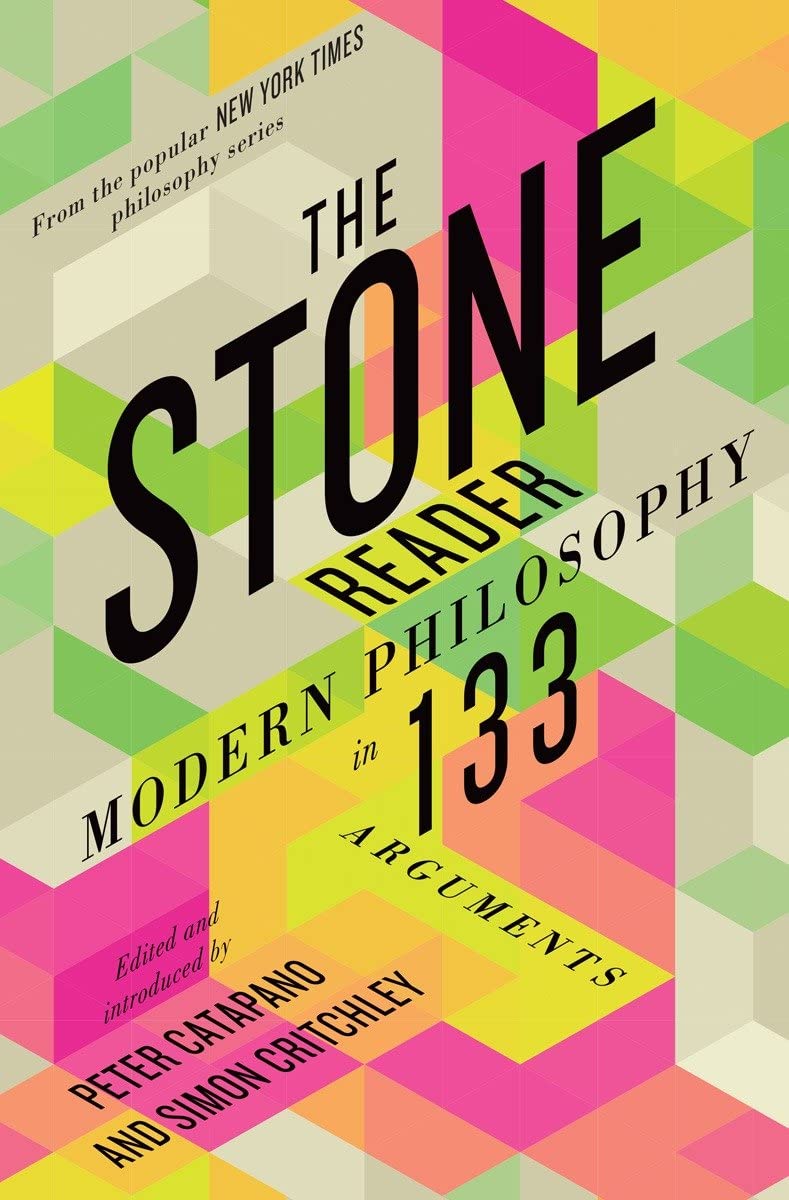
Categorii: Necatalogate, Neclasificat
Limba: Engleza
Data publicării: 2015
Editura: Liveright
Tip copertă: Paperback
Nr Pag: 832
ISBN: 9781324091493
Dimensiuni: l: 15.5cm | H: 23.4cm | 3.8cm | 750g

Once solely the province of ivory-tower professors and university classrooms, contemporary philosophy was finally emancipated from its academic closet in 2010, when The Stone was launched in The New York Times. First appearing as an online series, the column quickly attracted millions of readers through its accessible examination of universal topics like the nature of science, consciousness and morality, while also probing more contemporary issues such as the morality of drones, gun control and the gender divide.
Collected in this handsomely designed volume, The Stone Reader presents 133 meaningful and influential essays from the series, placing nearly the entirety of modern philosophical discourse at a reader's grasp. The book, divided into four broad sections-Philosophy, Science, Religion and Morals and Society-opens with a series of questions about the scope, history and identity of philosophy: What are the practical uses of philosophy? Does the discipline, begun in the West in ancient Greece with Socrates, favour men and exclude women? Does the history and study of philosophy betray a racial bias against non-white thinkers or geographical bias toward the West?
With an introduction by Peter Catapano that details the column's founding and distinct editorial process at The New York Times, and prefatory notes to each section by Simon Critchley, The Stone Reader promises to become not only an intellectual landmark but also a confirmation that philosophy is, indeed, for everyone.